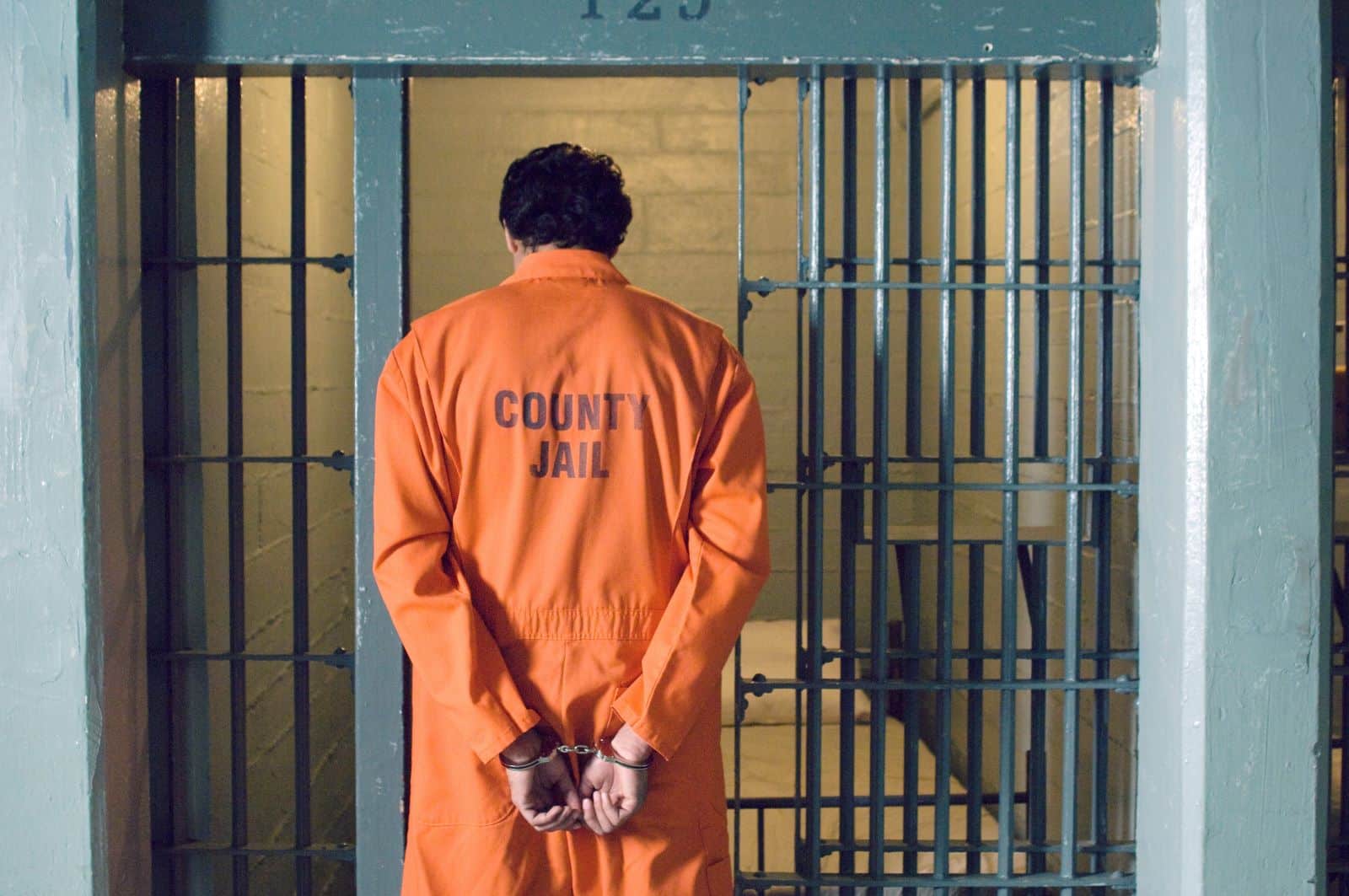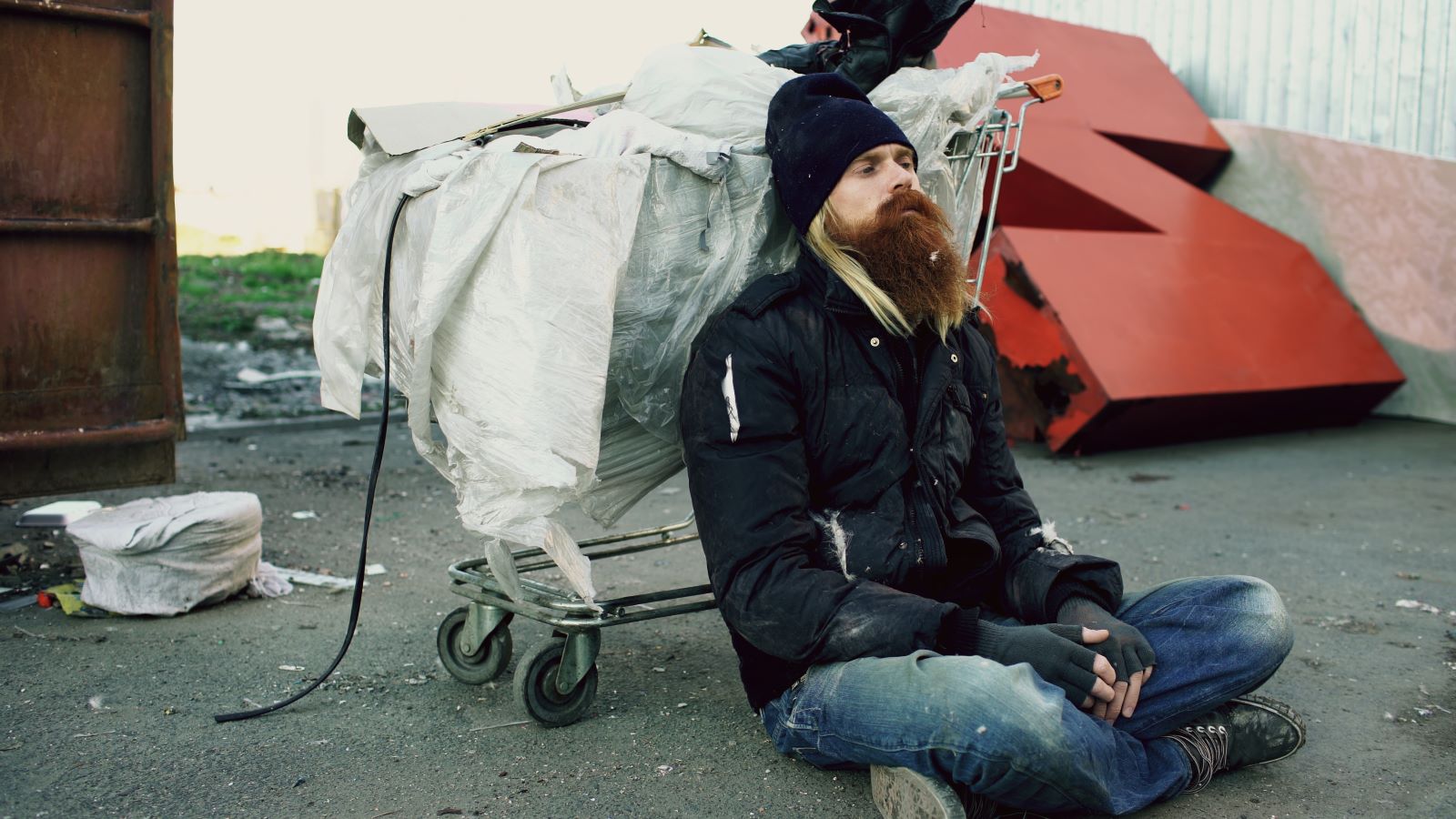Gender disparities impact various aspects of life, often discussed in terms of how they disadvantage women. However, men also face significant challenges due to societal expectations and norms related to masculinity. Here are 19 ways gender disparity negatively affects men:
1. Mental Health Stigma

Men are often discouraged from expressing emotions or seeking help for mental health issues due to stereotypes about masculinity, leading to higher rates of untreated depression and suicide.
2. Workplace Fatalities

Men dominate more physically demanding and hazardous jobs, which leads to a higher incidence of workplace-related injuries and fatalities.
3. Less Custody Rights

Men are less likely to be granted custody of their children in divorce proceedings, reflecting an enduring bias that favors mothers in parenting roles.
4. Educational Challenges

Boys often lag behind girls in educational attainment, partly because of teaching methods and behavioral expectations that may not cater to their learning styles.
5. Pressure to Provide

Men often feel overwhelming pressure to be the primary breadwinner in their families, which can lead to stress and reduced quality of life.
6. Healthcare Neglect

Men are less likely to visit doctors regularly or follow up on medical advice, partly due to cultural norms that discourage seeking help.
7. Shorter Life Expectancy

Partially due to risk-taking behaviors and neglect of health, men have a shorter average life expectancy than women.
8. Lack of Support Networks

Men often have fewer and less robust support networks for discussing personal or emotional challenges, leading to isolation.
9. Misrepresentation in Media

Men are frequently depicted in media in a limited range of roles, emphasizing toughness and aggression over emotional depth, which can skew public perception and self-image.
10. Underreporting of Domestic Abuse

Male victims of domestic violence are less likely to report their abuse or to find support due to a lack of resources and societal disbelief that men can be victims.
11. Incarceration Rates

Men are incarcerated at much higher rates than women, often receiving harsher sentences for similar crimes.
12. Homelessness

Men are more likely to be homeless, with fewer shelter resources available to them compared to women.
13. Conscription Risks

In countries with conscription, men are typically required to serve in the military, which may put their lives at risk.
14. Retirement Preparedness

Men often face financial insecurity in retirement, exacerbated by earlier retirement ages and lower likelihood of saving.
15. Gender Roles in Emergencies

Men are often expected to take on dangerous roles in emergencies and disasters, risking their lives in roles like firefighting and rescue operations.
16. Lack of Paternity Leave

Men frequently have less access to paternity leave, or feel societal pressure not to take it, which can impact bonding with children and family dynamics.
17. Sexual Harassment Underreporting

Male victims of sexual harassment are less likely to report incidents due to embarrassment, fear of not being taken seriously, or ignorance of their rights.
18. Military Draft Obligations

In the U.S., men are still required to register for the Selective Service, facing potential future conscription, whereas women are not.
19. Bias in Scholarships

There are fewer scholarships and programs designed to support men in fields where they are underrepresented, such as nursing and education, compared to initiatives aimed at women in STEM.
Finding a Balance

These issues demonstrate the need for a balanced approach to gender equality that recognizes and addresses the unique challenges faced by both men and women. Understanding and discussing these disparities openly is crucial for creating a more equitable society.
The post 19 Ways Men SUFFER Due to Gender Disparity first appeared on LoveLists.
Featured Image Credit: Shutterstock / F01 PHOTO.
For transparency, this content was partly developed with AI assistance and carefully curated by an experienced editor to be informative and ensure accuracy.

